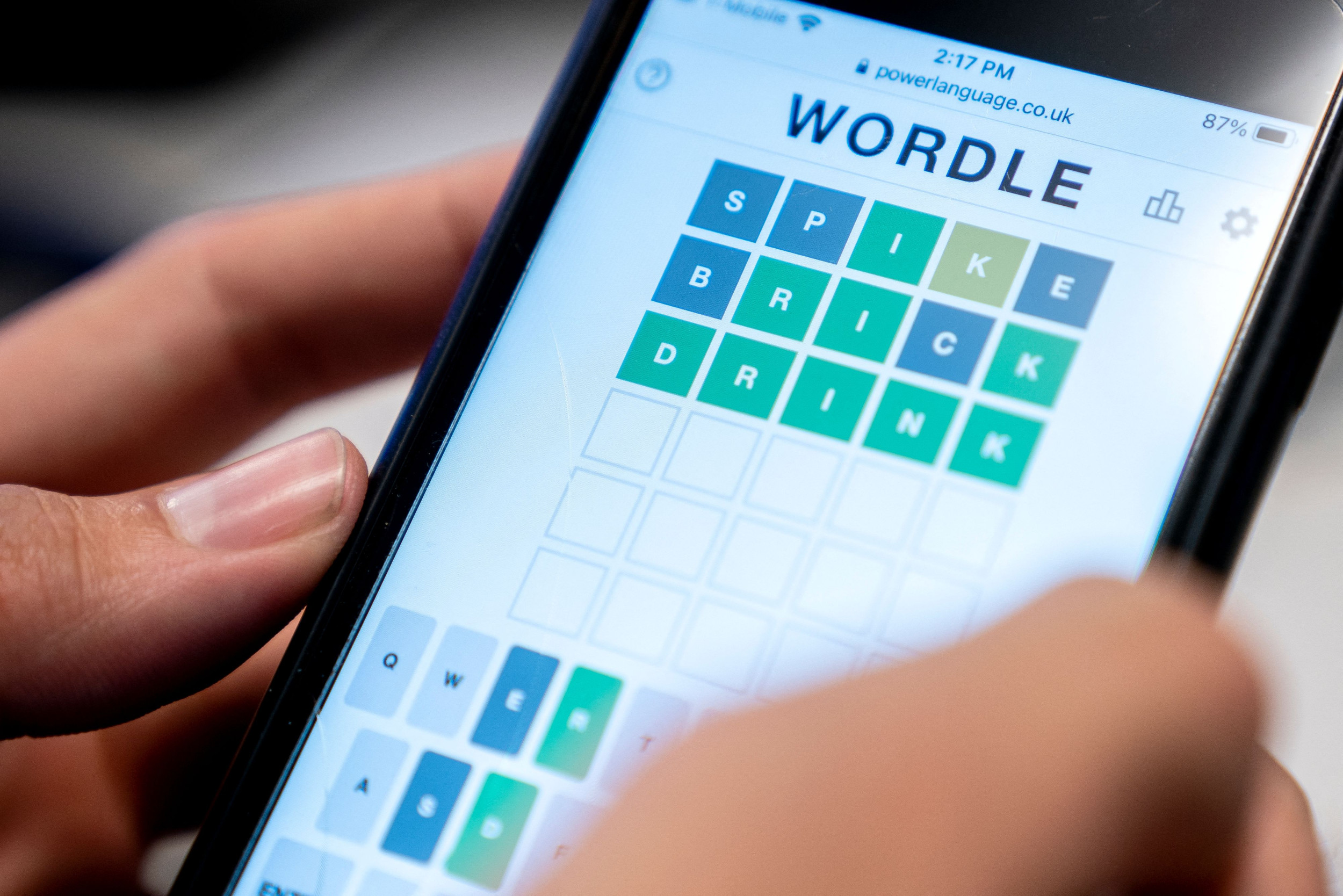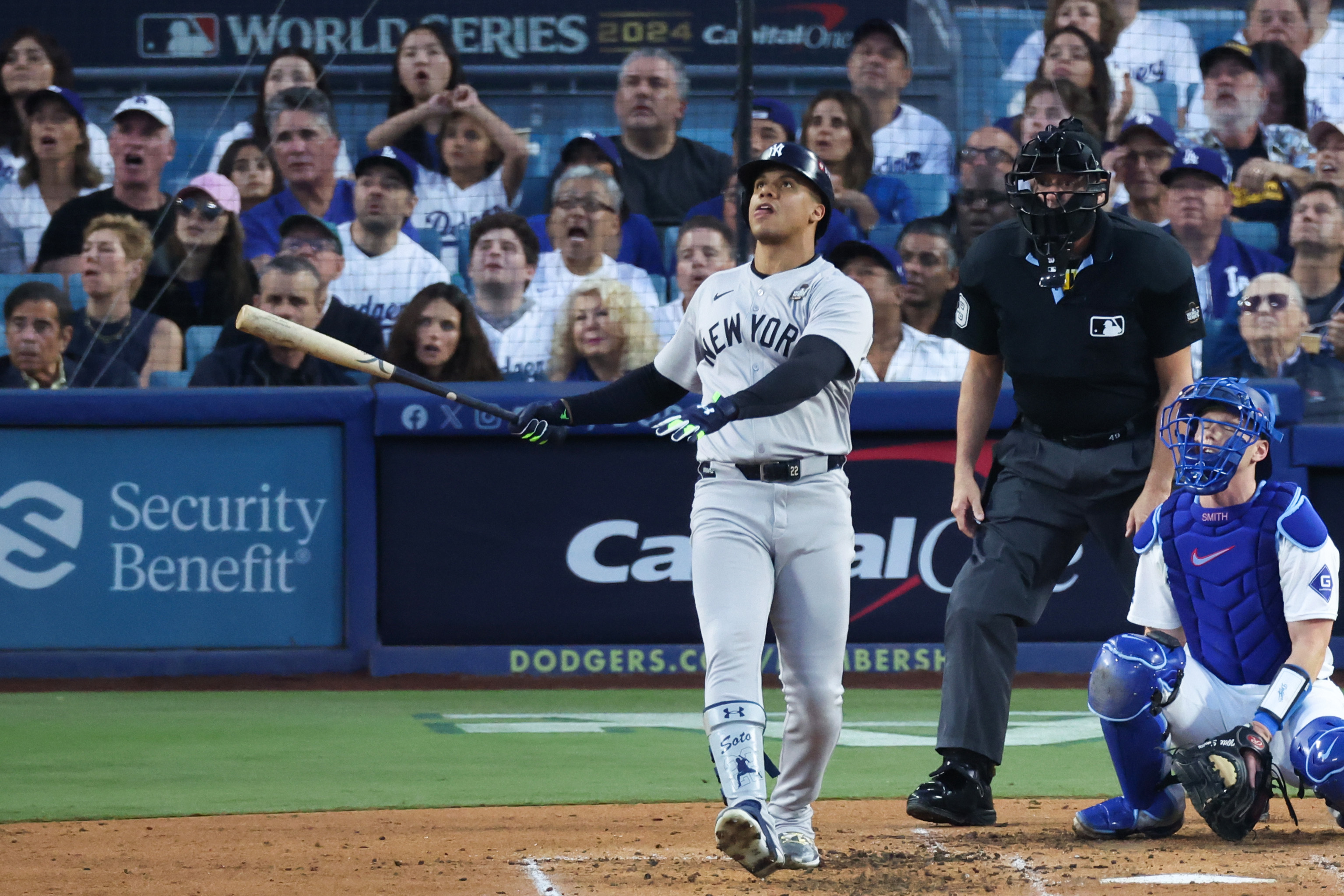Cuba is suffering widespread power outages as blackouts entered their third consecutive day, worsened by the arrival of Hurricane Oscar.
The outages have spurred protests and left millions without electricity, impacting basic services including water supply and food preservation.
The situation deteriorated following the failure of the Antonio Guiteras power plant on Friday, which triggered a complete collapse of Cuba's electrical grid.
Since then, the grid has crashed multiple times, leaving roughly 10 million people in darkness across the island.
"We haven't had electricity for three nights, and our food is rotting. Four days without electricity is an abuse to the children," said Mary Karla, a resident of Havana's Santo Suárez neighborhood.

Residents have taken to the streets in several parts of Havana, including Santo Suárez and San Miguel de Padron, banging pots and pans in protest.
Roads were blocked with trash heaps and small protests were reported across the island.
Cuban authorities have downplayed the incidents.
"It is Cuban culture to cooperate," said Energy and Mines Minister Vicente de la O Levy who characterized the protests as isolated events.
Though Oscar weakened to a tropical storm, its heavy rain and winds caused further delays in the government's efforts to restore electricity.
The storm impacted key power generation areas in Holguín and Santiago de Cuba, where several of the nation's power plants are located.

Over the weekend, power was briefly restored to around 160,000 customers in Havana.
However, another grid collapse on Sunday left the capital in darkness once again.
In response, President Miguel Díaz-Canel appeared on national television, urging citizens to express their grievances peacefully while emphasizing the government's commitment to fixing the outages.
"We are not going to accept nor allow anyone to act with vandalism and much less to alter the tranquillity of our people," he said.
The Cuban government attribute the blackouts to deteriorating infrastructure, old thermoelectric plants that have not been properly maintained, and a lack of fuel to operate these facilities.
Fuel shortages have worsened in recent months including major suppliers like Venezuela, Mexico, and Russia have slashed their deliveries to Cuba.
The island has increasingly relied on expensive oil imports from the spot market, which have proved insufficient to meet the country's energy demands.

Repeated grid failures have raised doubts about how quickly Cuba can recover from its worst blackout crisis since Hurricane Ian in 2022, a Category 3 storm that damaged power installations and took days to fix.
"We have millions of problems, and none of them are solved," said Rosa Rodríguez, a Havana resident who has been without electricity for four days.
The government has implemented emergency measures, including the suspension of school and university classes and the shutdown of nonessential services.
Seemingly endless outages have pushed many residents to their limits.
Ylenis de la Caridad Napoles, mother of a 7-year-old girl, said she is reaching a point of "desperation" while she fought back tears.
Internet access has also become scarce due to the blackouts.
Data from NetBlocks, an internet monitoring group, indicated a significant drop in online activity across Cuba over the weekend. Residents, unable to charge their phones, have found it increasingly difficult to access communication and information.
Authorities have also sought assistance from international allies: Mexico, Colombia, Venezuela, and Russia have reportedly offered help, though it is unclear when additional resources will arrive.
This article includes reporting from The Associated Press.




















 English (US) ·
English (US) ·